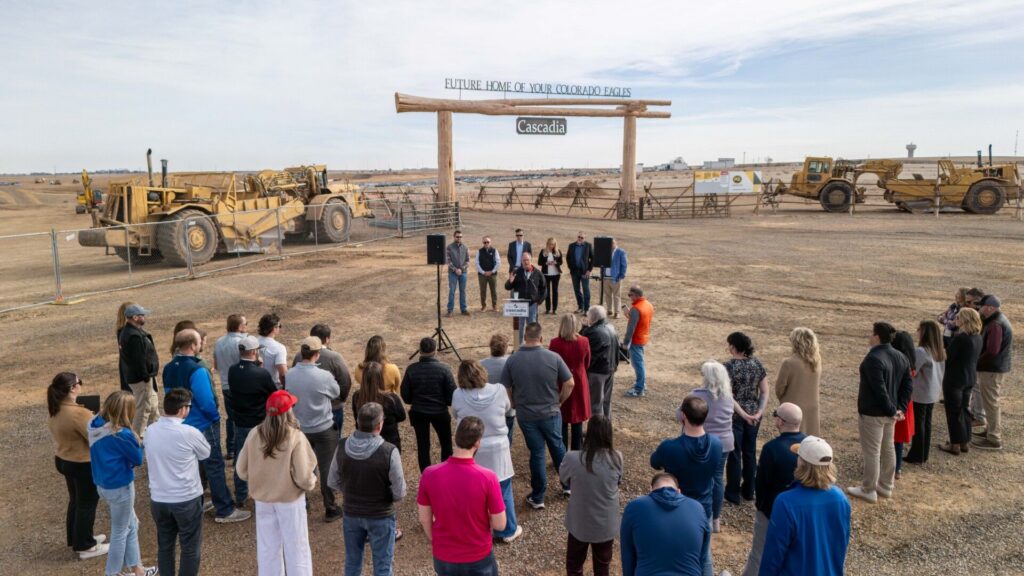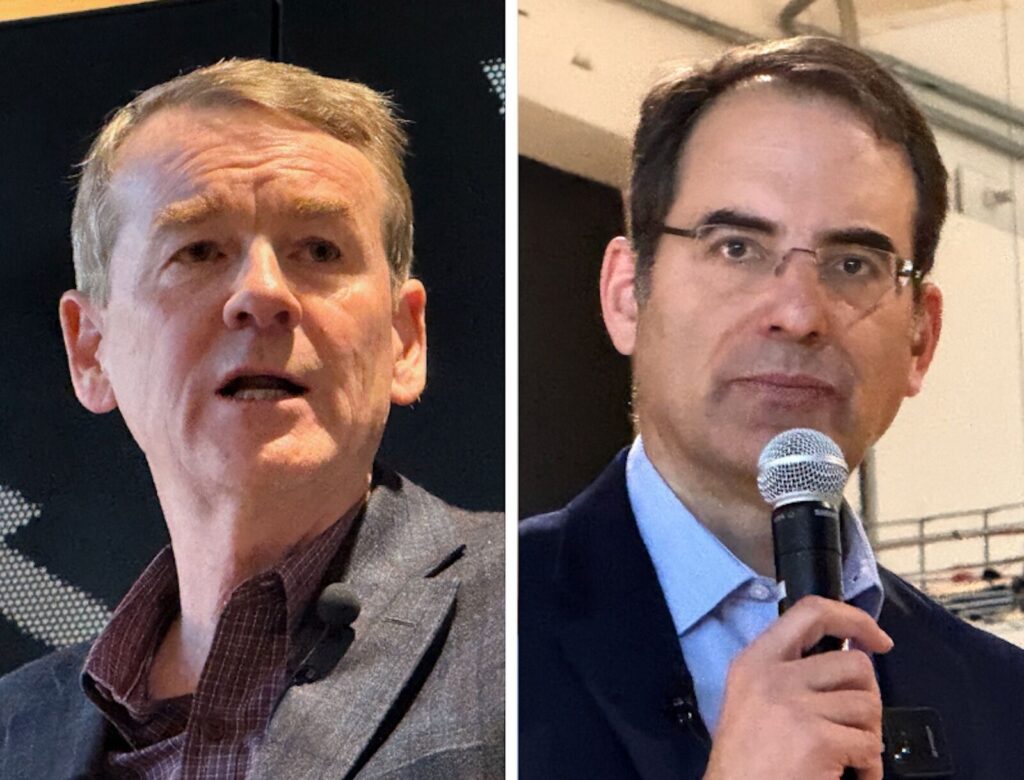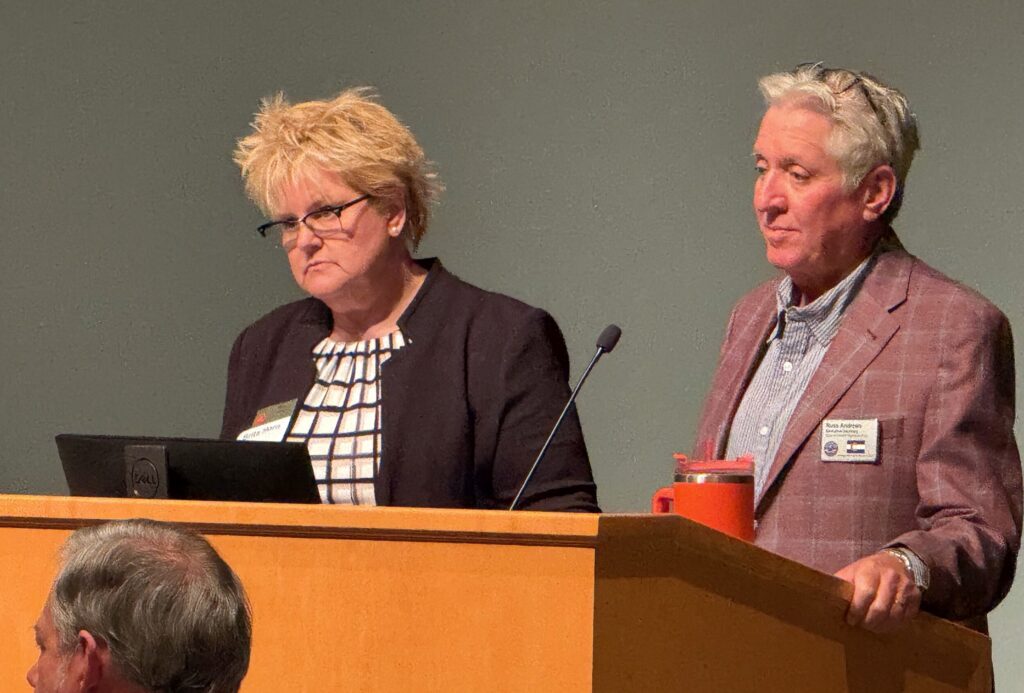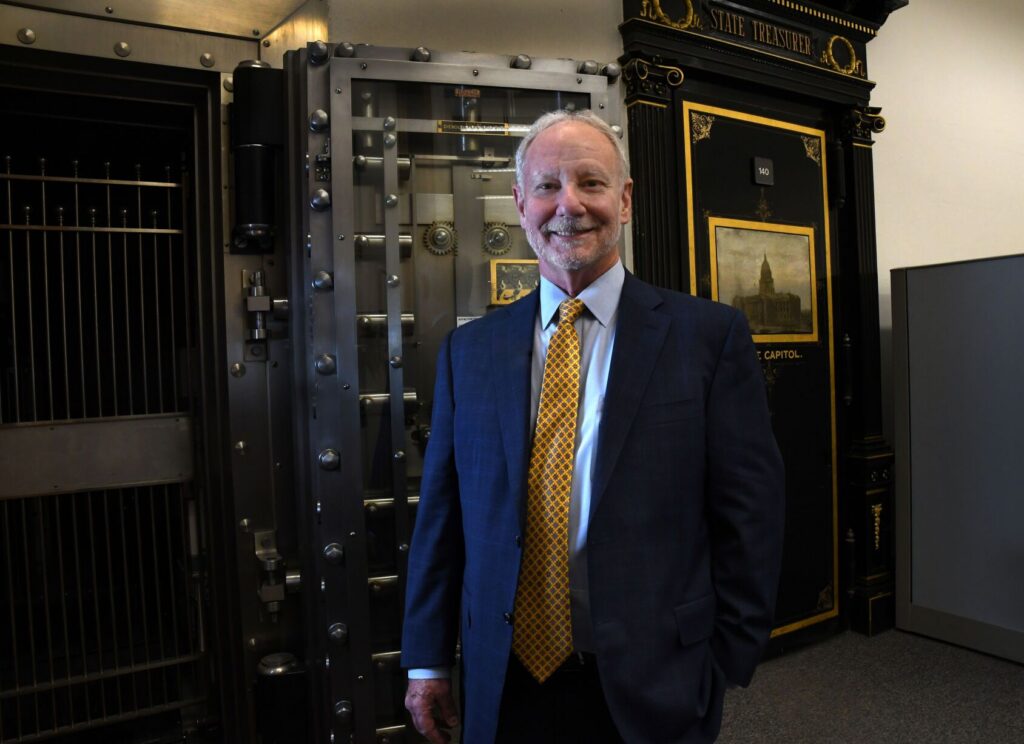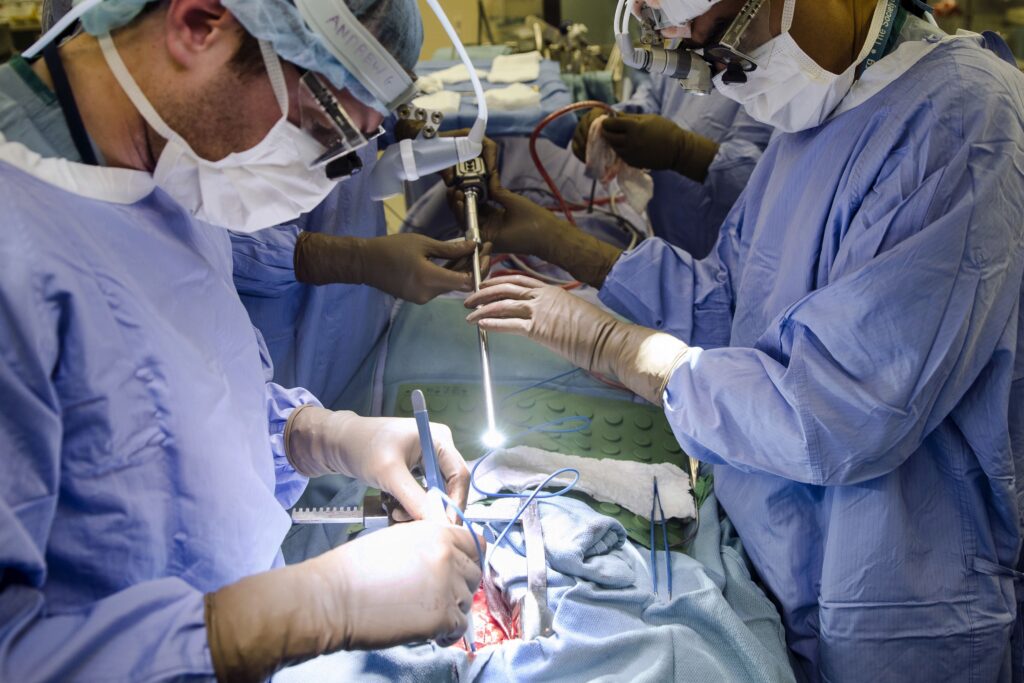Hickenlooper’s call for special districts to pay for special session doesn’t sit well with lawmakers on both sides
When Colorado Gov. John Hickenlooper called lawmakers back to the state Capitol for Monday’s special session, he also had another plan: how to pay for it.
The governor’s idea was to ask special districts affected by a drafting error in Senate Bill 17-267 to pay the tab, around $25,000 per day. But representatives of some of those districts on Monday said they hadn’t agreed to the plan, and lawmakers on both sides of the aisle were objecting to it.
What caused the governor to call the special session: an error regarding marijuana taxes. The bill inadvertently blocked special districts from being able to collect marijuana taxes that have been approved by voters – taxes they have been collecting for several years.
Speaker of the House Crisanta Duran, a Denver Democrat, told reporters before the session started Monday morning she did not favor asking the districts to pay for the session.
“I”m shocked” that special districts would pay for this, said Sen. John Cooke, a Greeley Republican.
During a hearing of the Senate Transportation Committee, Cooke asked each person testifying in favor of the fix about the special session funding issue.
David Genova, general manager of the eight-county metro Regional Transportation District (RTD), had the answer. He told the transportation committee the governor had approached RTD about whether they would be amenable to paying for the session several weeks ago. Genova told the committee that he went back to his agency’s legal counsel and that there was no legal case law either for or against such an idea.
At least some of those special district representatives said they learned about the alleged deal from the media (a story broken by Colorado Politics last Friday). Alan Pogue, general counsel for the Scientific and Cultural Facilities District (SCFD), said he was unaware that a deal had been reached, and that he had not been involved in those discussions.
Whether the special districts would pay for the special session if they don’t get their fix is another matter. SCFD’s Deborah Jordy said she would have to ask her board if they would approve that decision; Genova indicated the district would be unwilling to pay for the session without the fix.
Hickenlooper’s legislative liaison, Kurt Morrison, told Colorado Politics that the governor considered taking the $75,000 for a three-day session off the top of the revenue sent to the districts, and that the districts agreed to that.
“There was never a discussion” of directly paying the General Assembly, which would violate their right of appropriation, Morrison explained.
According to an analysis of the problem by General Assembly Economist Greg Sobetski, there are nine special districts affected by the SB 267 error, for a total revenue loss of about $6.9 million in 2017-18, $8.6 million in 2018-19 and $9.3 million in 2019-20.
RTD would be hit with the largest of those losses, at $5.96 million in this fiscal year, $7.4 million next fiscal year and $8 million two years out.
The nine districts and their estimated losses in 2017-18:
-RTD: $5.96 million
-SCFD: $597,000
-Roaring Fork Regional Transportation Authority (RTA), which operates in Pitkin County: $124,000
-Gunnison Valley RTA: $66,000
-San Miguel RTA, which operates in Telluride and Mountain Village: $10,000
-Summit (County) Combined Housing Authority: $87,000
-Montezuma Hospital District: $62,000
Two other districts also are impacted, but the amounts were not identified in the fiscal analysis: Pikes Peak RTA and the Edwards Metropolitan District in Eagle County.
According to the analysis, the sale of recreational marijuana is prohibited in the city of Colorado Springs, although it is allowed in Manitou Springs. For Edwards, the small number of retail dispensaries in the district could violate taxpayer confidentiality, the analysis said.
As of Monday, both the House Finance and Senate Transportation committees were reviewing similar bills, sponsored by Democrats, that would attempt to fix the problem.


